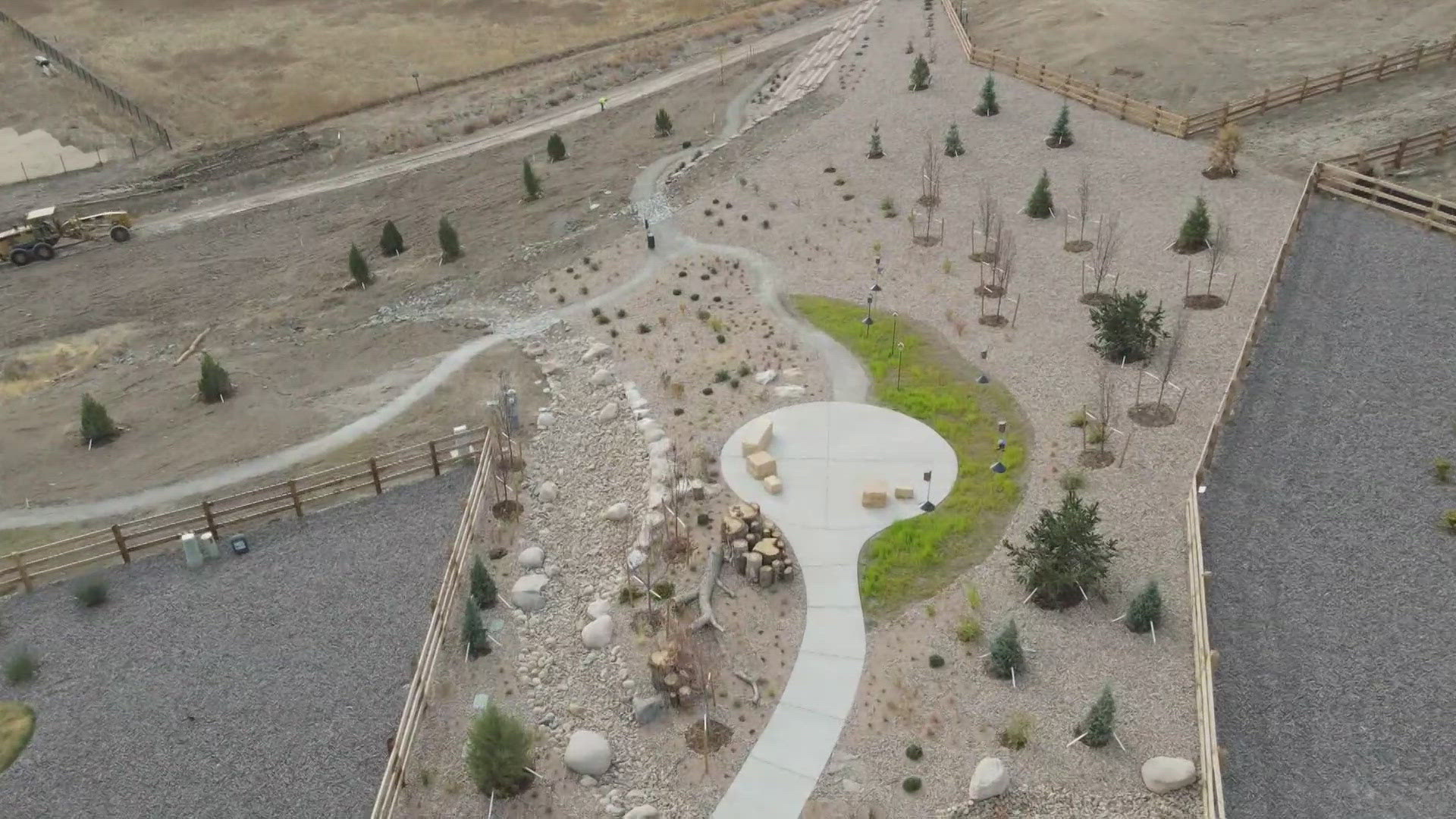ARVADA, Colo. — The National Wildlife Federation (NWF) said monarch butterfly populations have declined upwards of 90% in recent decades.
"There’s been an impact of climate change, habitat loss [and] pesticides that have impacted those populations," said Vanessa Williams, NWF innovation and partnerships manager.
In an effort to reverse the damage, NWF and Taylor Morrison, a home developer, have partnered together to build permanent butterfly gardens with native milkweed across the the United States.
"Native milkweed is the sole host plant for monarch caterpillars so they need native milkweed to be able to nest and be able to grow," Williams said.
Williams said about 100 gardens have been installed nationwide. Colorado has four with more on the way.
"Just putting forth that effort to have more of the plants they need to survive is going to greatly impact those populations to one – have what they need, have a bit of a rise, be able to nest that young that are here for those migration seasons," Williams said.
Matthew Valente, Taylor Morrison's director of forward planning and entitlements, said each garden is attached to a Taylor Morrison development and native to the area.
"The idea is to kind of represent here is the Colorado environment and it's right at your back door," Valente said. "You can step outside and see local and native plants and the pollinators they attract."
Valente said the developer group has been working with NWF for several years. He said homeowners can benefit from having a butterfly garden in their communities.
"It's important that these pollinators are here to not only propagate their plants, but if you’re looking to grow a garden here, it’s important those pollinators are here to ultimately help those plants and fruits and vegetables grow," Valente said.
The U.S. Fish and Wildlife Service is expected to publish its findings on whether to protect monarch butterflies under the Endangered Species Act (ESA) by December.
They agency will determine if the species is endangered or threatened and then consider it to be listed in the ESA.

